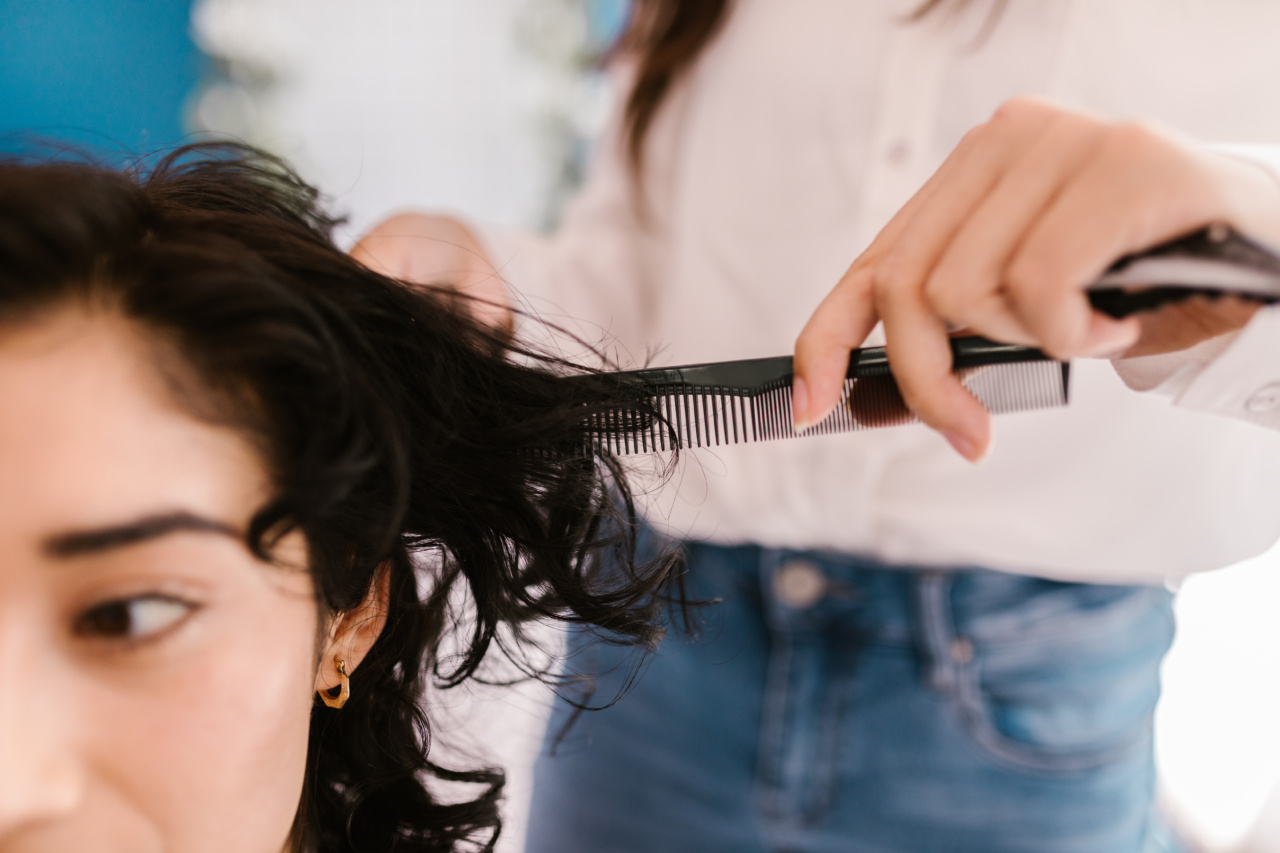When it comes to hair loss, various factors can contribute to this frustrating condition. From genetics to hormonal changes, stress, and nutrition, understanding the underlying causes can help in finding effective solutions.
One popular theory that has gained attention in recent years is the connection between cutting carbs and hair loss.
The Low-Carb Diet Trend
The low-carb diet trend has gained significant popularity in the past decade, with individuals adopting diets like Keto, Atkins, and Paleo, all of which emphasize reducing carbohydrate intake.
These diets typically involve drastically cutting back on grains, legumes, fruits, and starchy vegetables, and consuming higher amounts of protein and fats.
While these diets have shown effectiveness in weight loss and managing various health conditions, concerns have been raised regarding their potential impact on hair health.
Some individuals have reported experiencing hair loss or thinning while following a low-carb diet, leading to speculations about the relationship between carbohydrates and hair regeneration.
The Role of Carbohydrates in Hair Growth
To understand the potential connection between cutting carbs and hair loss, it’s essential to examine how carbohydrates influence hair growth. Carbohydrates are the body’s primary source of energy.
When we consume carbs, they break down into glucose, which fuels our cells, including those responsible for hair growth.
In fact, the hair follicle’s energy supply largely depends on glucose metabolism. Studies have shown that hair follicles require a stable energy source to support proper hair growth and cycling.
Any disruption in this energy supply, such as a sudden reduction in carbohydrate intake, can potentially impact hair health.
The Impact of Low-Carb Diets on Hair
While there is anecdotal evidence suggesting a correlation between low-carb diets and hair loss, scientific studies specifically exploring this relationship are limited.
However, some researchers and experts have put forth theories to explain the potential impact of low-carb diets on hair.
1. Nutritional Deficiencies
Low-carb diets often restrict the consumption of nutrient-rich foods like fruits, whole grains, and legumes. These foods provide essential vitamins, minerals, and antioxidants crucial for overall well-being, including hair health.
Insufficient intake of vital nutrients like biotin, vitamin E, and zinc can potentially lead to hair loss or thinning.
2. Hormonal Imbalances
Carbohydrates play a role in regulating hormone levels in our body, including insulin and thyroid hormones. Any significant change in carbohydrate intake can disrupt hormonal balance, potentially contributing to hair loss.
Additionally, low-carb diets may elevate cortisol levels, which can also impact hair growth and cycle.
3. Increased Stress
Restrictive diets, especially those that eliminate entire food groups like carbs, can induce stress on the body. Stress is known to contribute to hair loss and can also exacerbate existing hair conditions like alopecia areata or telogen effluvium.
4. Inadequate Caloric Intake
Many low-carb diets automatically result in reduced overall caloric intake. Severe calorie restriction can put the body in a state of starvation, affecting various bodily functions, including hair growth.
When the body lacks sufficient energy, it tends to prioritize essential functions over non-essential ones like hair growth.
Healthy Hair Habits during Low-Carb Diets
If you’re following a low-carb diet but concerned about potential hair loss, there are certain practices and strategies you can incorporate to minimize the risk:.
1. Opt for Nutrient-Dense Foods
Select low-carb foods that are rich in essential vitamins and minerals. Include foods like leafy greens, nuts, seeds, fatty fish, and lean meats to ensure an adequate nutrient intake.
2. Consider Supplements
Speak to a healthcare professional about supplements that can support hair health during a low-carb diet. Biotin, zinc, and vitamin E supplements are commonly recommended for supporting hair growth.
3. Manage Stress Levels
Incorporate stress management techniques like meditation, yoga, or regular exercise to mitigate the impact of stress on your body and hair.
4. Stay Hydrated
Proper hydration is essential for overall health, including hair health. Drink an adequate amount of water daily to keep your hair hydrated and promote optimal hair growth.
5. Consult a Professional
If you’re experiencing significant hair loss or have concerns about your hair while following a low-carb diet, consider consulting a dermatologist or a registered dietitian who specializes in hair health.
They can help assess your nutritional status and provide personalized recommendations to support your hair during this dietary change.
Conclusion
While there may be anecdotal evidence linking low-carb diets to hair loss, scientific research specifically targeted at this relationship is currently limited.
However, it is essential to prioritize proper nutrition and overall health while following any diet. If you notice significant hair loss or changes in your hair while on a low-carb diet, it’s advisable to consult a healthcare professional to evaluate the potential causes and determine the best course of action.


























